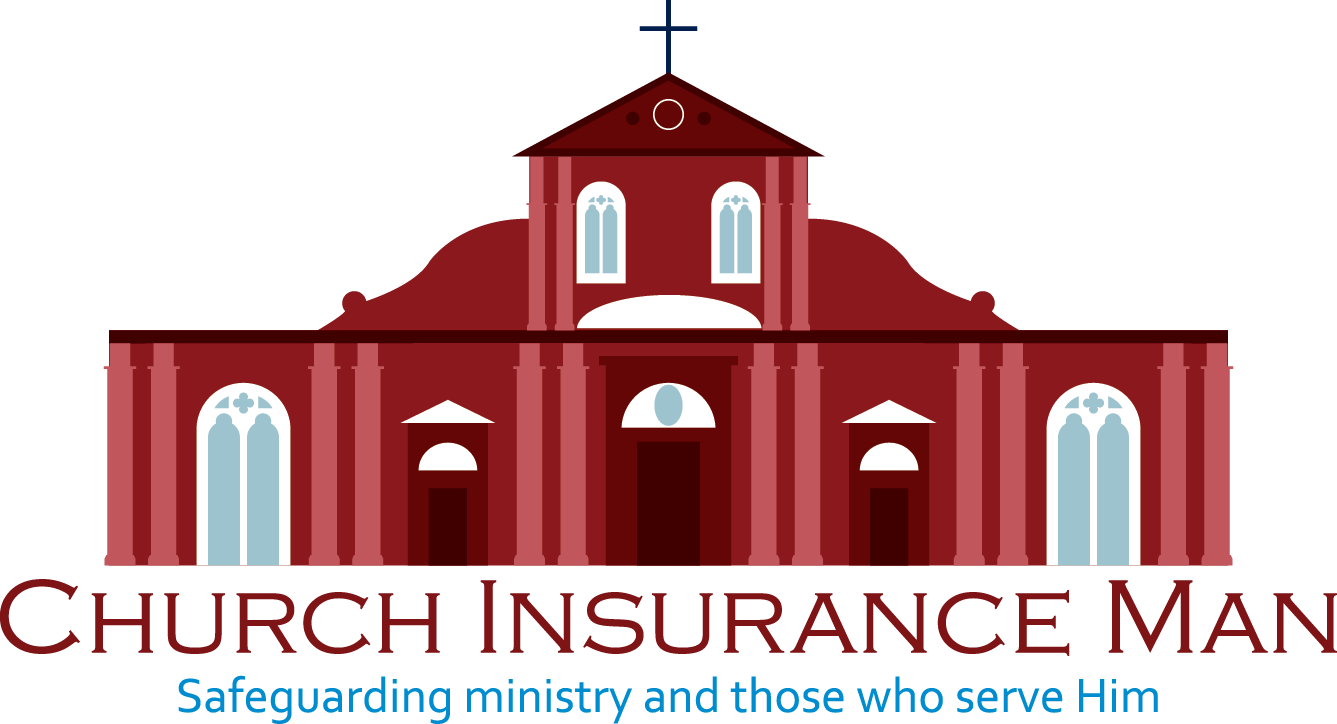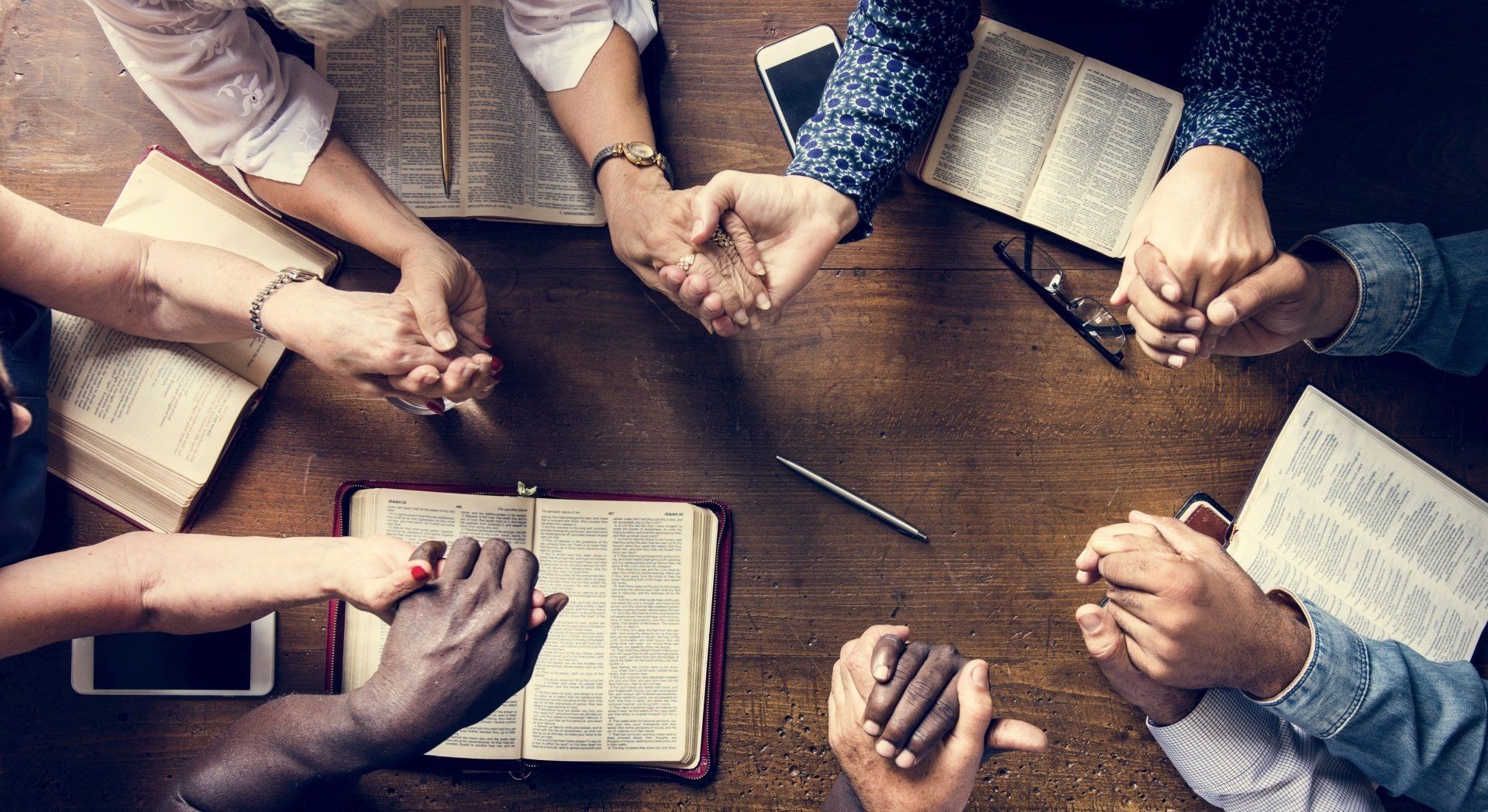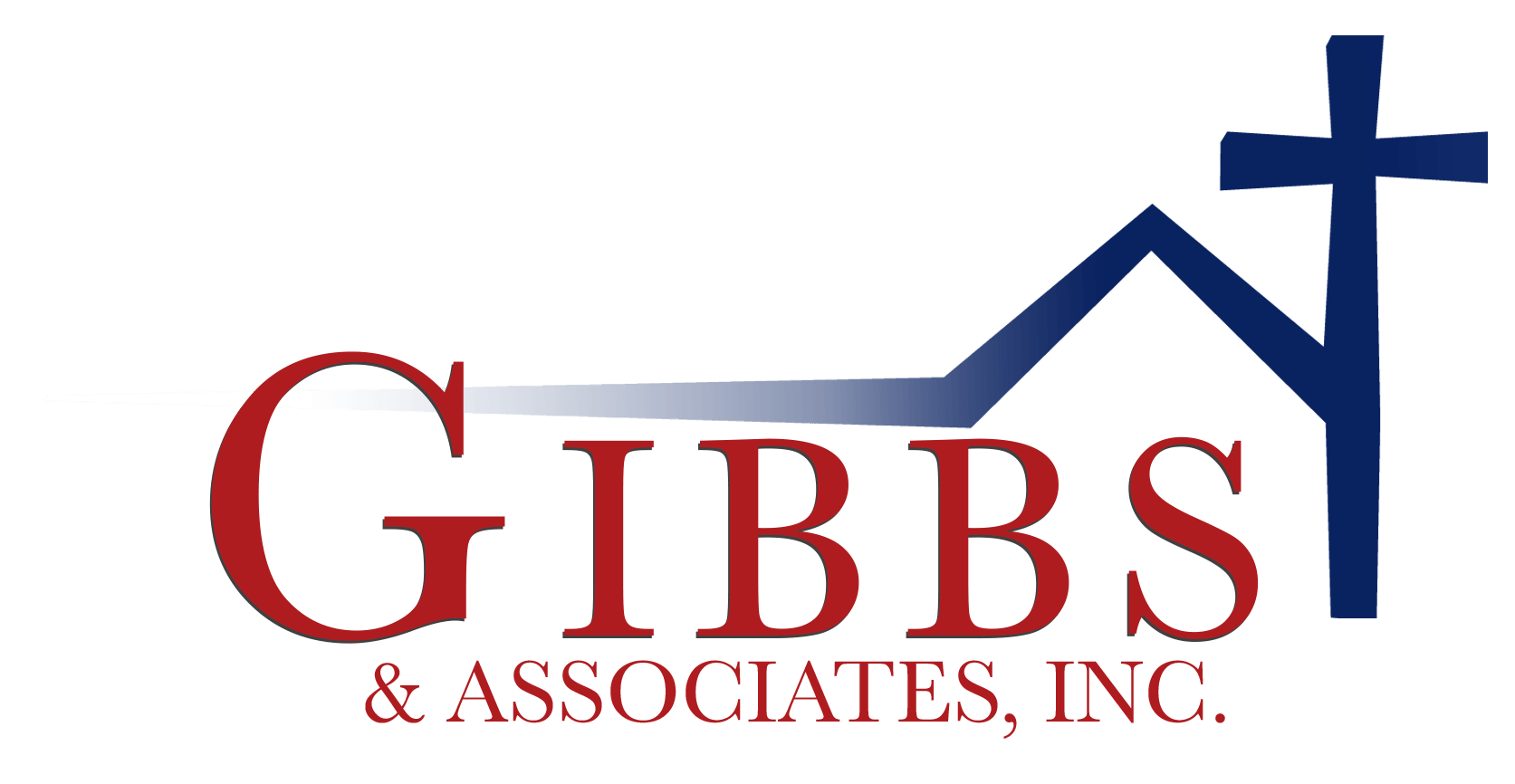The Three Most Common Types of Church Claims in Georgia
With a population that comprises 79 percent of Christians, the State of Georgia is home to thousands of churches and religious institutions. Seeing that even places of worship need financial security, almost all of the churches in the Peach State regularly use insurance as a protection model.
In the long run, insurance claims help churches protect their assets against unforeseen damages. This also ensures that they can steer clear of financial troubles that stem from unfortunate events.
To help you understand how churches in Georgia utilize insurance as a protective measure, here are the three most common types of church insurance claims in the state and how they are resolved through popular insurance policies.
Claim 1 Water Damage
Water damage is one of the most common issues faced by all types of properties. This damage can arise from various underlying problems. But whenever it rears its head, it often indicates extensive repair and restoration costs. With this in mind, it’s no wonder why water damage is one of the most successful insurance claims filed by churches in Georgia.
This claim often includes but is not limited to:
- Leaking pipes.
- Frozen plumbing.
- Growth of mold.
- Building decay.
- Furniture damage.
Since water damage can cause massive destruction to a property and its contents, it often brings a world of worry for churches. But having property insurance that covers water damage issues helps them make their way through this stressful situation.
If the church’s building or any related property such as altar ware is affected by water damage, property insurance can help the institution recover its losses. This is why most churches deem it essential to have property insurance as a protective measure.
Claim 2 Accidents and Injuries on Premises
Filing claims for accidents and injuries on-premises is yet another common church claim in Georgia. While seeking coverage for these insurance claims, churches are looking for protection against damages that may result from personal, mental, or physical injury of attendees or employees.
Since liability insurance directly relates to personal and property damage claims by third-parties, it deems helpful in various scenarios that arise out of accidents and injuries.
Conversely, employee insurance ensures that any workplace accidents experienced by an employee are covered under the policy. This saves churches from any additional burden on their accounts while also providing optimal protection to employees.
The larger the church, the more accidents and injuries can happen regularly. This is why churches often turn to liability insurance and employee insurance to settle common injury claims, which helps them protect their stature, reputation, and finances.
Claim 3 Theft and Burglary
Another common type of church claim in Georgia relates to theft and burglary. Even with churches being a place of religious protection, their buildings, vehicles, and premises are not completely safe from malicious parties. During these incidents, churches can lose valuable property, which could be difficult to restore without proper protection.
In these cases, property insurance again proves to be of help and allows churches to cover their damages easily. To ensure that they are protected in the theft and burglary cases, every church’s administration should ensure that they are buying a comprehensive property damage policy that offers coverage in such a difficult situation.
The process to file claims for theft and burglary is a little more intricate, since it often involves extensive police investigation. However, with the help of a reliable insurance company, it doesn’t get too daunting for a church’s administration.
Depending upon the church's size and needs, an insurance company may offer pre-packaged plans to cover the most common types of claims from the get-go. But if a church needs specific information on a certain kind of insurance, its management can also ask for them at the time of purchasing the policy.
Learn more and Protect Yourself from Potential Liabilities





